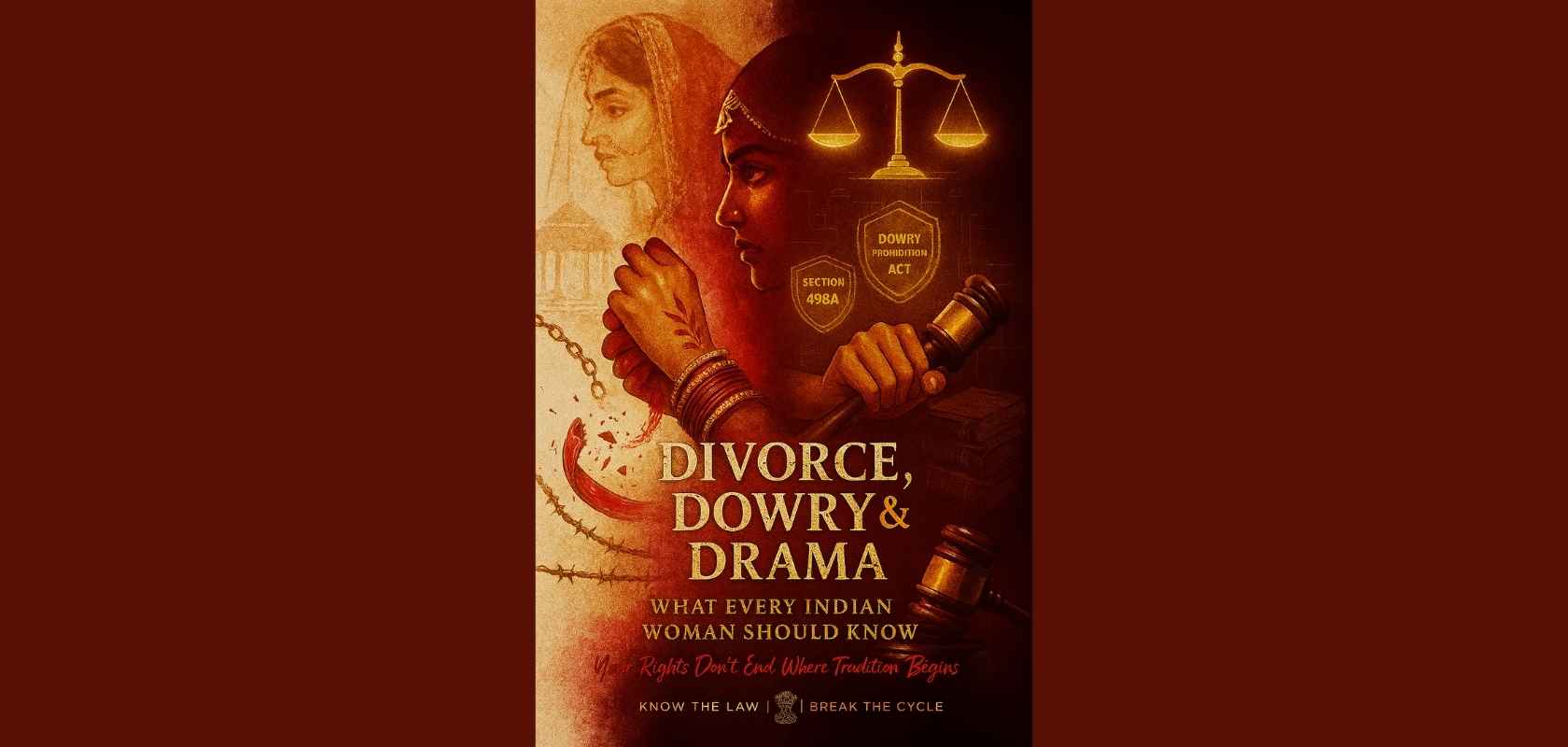
Divorce, Dowry & Drama
India’s legal system does protect women — but most don’t know how to use it.
Whether you’re dealing with marital pressure, abuse, or financial threats, the law is not silent.
Here’s a clear, no-nonsense guide to the rights every Indian woman should know when it comes to divorce, dowry, and all the drama in between.
🔥 1. Dowry Harassment Is a Crime – File an FIR
The Law: Section 498A of the Indian Penal Code (IPC)
What it means: If a woman is harassed, abused, or tortured by her husband or in-laws for dowry, it’s a non-bailable offense. The law covers both physical and mental cruelty.
What to do: Go to the nearest police station and file an FIR. No need for “proof” to file — your statement is enough to start the investigation.
Important: False dowry cases do exist, so be truthful and firm. The law is powerful — use it responsibly.
💔 2. You Have the Right to File for Divorce – On Your Terms
Grounds for Divorce under Hindu Marriage Act, 1955:
-
Cruelty (mental or physical)
-
Adultery
-
Desertion (2+ years)
-
Conversion to another religion
-
Mental disorder
-
Mutual consent (fastest, cleanest way)
What every woman should know:
You don’t need to “tolerate it for the kids.” You don’t need anyone’s permission. You have the right to exit a toxic marriage.
💰 3. You’re Entitled to Maintenance (Even If You’re Working)
The Law: Section 125 of the Criminal Procedure Code (CrPC)
If your husband has left you or refuses to support you, you can legally claim maintenance — for yourself and your child — even if you earn less than him.
How much? Courts calculate based on his income, your needs, and lifestyle.
🏠 4. You Have a Right to Shared Household
The Law: Protection of Women from Domestic Violence Act (PWDVA), 2005
Even if the house is in your husband’s or in-laws’ name, you can’t be thrown out if it was your shared marital home. You have the right to live there, or to demand alternate accommodation if needed.
Bonus: You can also file for protection orders, residence orders, and compensation for abuse — all under this act.
👶 5. Custody of Children Is Not Automatically Given to Fathers
The court decides custody based on the child’s best interests, not gender. In most cases, mothers are preferred, especially for young children.
You can apply for:
-
Sole custody
-
Visitation rights
-
Joint custody
The law tries to ensure the child has emotional and financial support — not just one parent’s control.
🧠 Final Word: Be Legally Aware. Be Emotionally Strong.
Indian society may still be traditional. But Indian laws are not.
Don’t let shame, fear, or gossip stop you from standing up.
Knowledge is power. Action is freedom.
🛠️ Quick Resources:
-
National Commission for Women (NCW): ncw.nic.in
-
Women’s Helpline (India): 1091
-
Free Legal Aid (NALSA): nalsa.gov.in